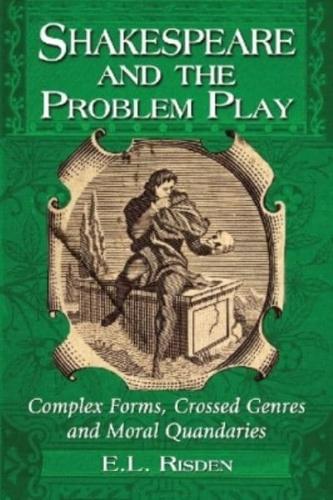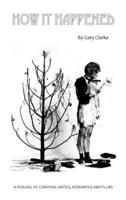Publisher's Synopsis
Shakespeare's plays are a rich source of genre as well as moral or ethical issues that invite deep study. How we consider the plays determine the choices actors and directors make in presenting plays on stage or film, the ways teachers address them in the classroom, and even the ways students and audiences understand and enjoy them. The genre issue often proves the very moral crux where Shakespeare raises the most complex questions. He aimed to build good plays, not simple fulfillments of genre demands. To him ""good plays"" meant leaving his audience with problems to consider. This book begins with those works most commonly appearing in studies of problem plays, The Merchant of Venice, Troilus and Cressida, All's Well That Ends Well, Measure for Measure; moves to some comedic problem plays, Much Ado About Nothing, A Midsummer Night's Dream, and Twelfth Night; and then to tragic problem plays, Hamlet, Othello, and King Lear. It concludes with some problems in the history and romance genres for the issues they raise in love, adventure, and governance: Henry IV, Part 1, Henry V, Cymbeline, The Tempest, and Love's Labor's Lost. Shakespeare set in motion the modern democratization of drama; we can't at last call him Modern, but we would have had a more difficult time becoming Modern (or beyond) without him, since he pointed toward the better ideas that they imply.












